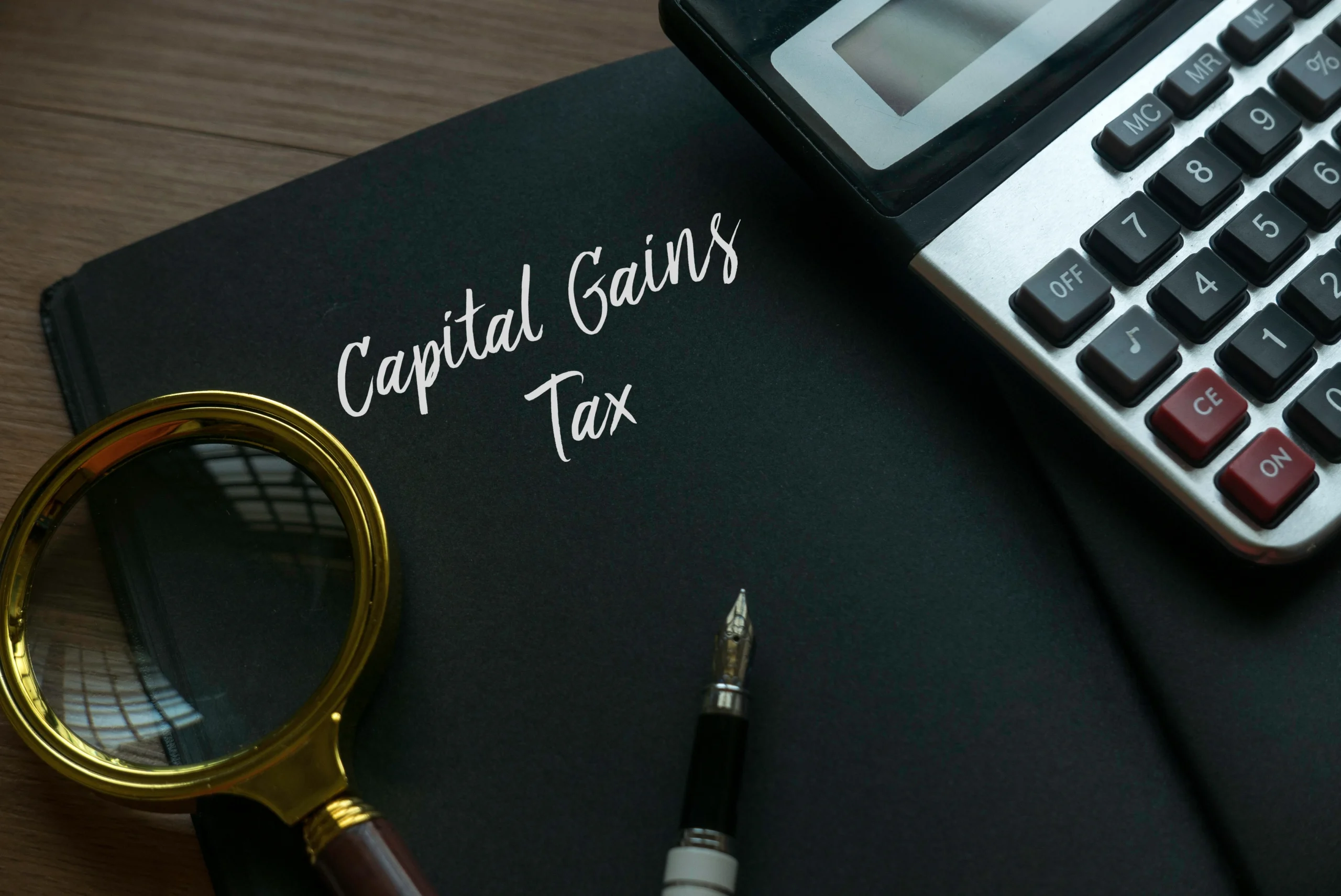Cryptocurrency, or more commonly known as Crypto, has become a buzzword in recent years, with more and more people investing in it as an alternative asset. However, with this new type of asset comes tax regulations that need to be followed. The Australian Taxation Office (ATO) has established a set of rules and regulations for Crypto taxation. In this blog post, we will explore the key aspects of Crypto tax in Australia.
Firstly, it is important to understand that the ATO considers Crypto as property, not currency.
This means that the tax rules that apply to other types of assets, such as shares or property, also apply to Crypto. Therefore, any gains made from the sale of Crypto will be subject to capital gains tax (CGT).
CGT is the tax that is applied to the profit made from the sale of an asset. In Australia, the CGT rate is calculated based on the individual’s personal income tax rate, with a discount of up to 50% applied to the capital gain for assets held for more than 12 months. This means that if an individual sells their Crypto for a profit, they will be required to pay CGT on that profit.
It is worth noting that if the Crypto is held for personal use, such as purchasing goods or services, it will not be subject to CGT. However, if it is used for business purposes, such as buying and selling Crypto as part of a business, it will be subject to CGT.
The ATO also requires individuals to keep accurate records of their Crypto transactions.
This includes details such as the date of acquisition, the amount of Crypto acquired, the value of the Crypto at the time of acquisition, and the date of disposal. These records should be kept for at least five years after the transaction took place.
Additionally, the ATO have introduced a reporting requirement for Crypto transactions. From 1 July 2021, Crypto exchanges and other businesses that facilitate Crypto transactions are required to report these transactions to the ATO. This includes details such as the individual’s name and address, the type and amount of Crypto involved, and the date and time of the transaction.
Much like how your shares, salaries and wages and other data is shared with the ATO, it is now more important than ever for individuals to ensure that their Crypto transactions are accurately reported to the ATO to avoid any potential penalties or fines.
It is important to note that Crypto mining is also subject to tax in Australia.
If an individual is mining Crypto as part of a business, any income earned from the mining will be subject to income tax. If the mining is done as a hobby or for personal use, any income earned will still be subject to income tax but may be eligible for certain deductions.
Final Thoughts
Working out the GCT on Crypto in Australia can be complex and confusing. It is important for individuals to understand the rules and regulations surrounding to ensure that they are paying the correct amount of tax on their transactions. Keeping accurate records and reporting transactions to the ATO is essential to avoid any potential penalties or fines. Rather than stressing about whether you’ve kept the right records or calculating CGT correctly, TaxTank will help you manage it in a few simple steps. We make understanding tax and managing your crypto not only stress-free but intuitive, that’s why we’ve launched Holdings Tank so you can track your portfolio value in real time and calculate any capital gains or losses automatically if you sell. Try Holdings Tank for 14 days today with our free trial.





